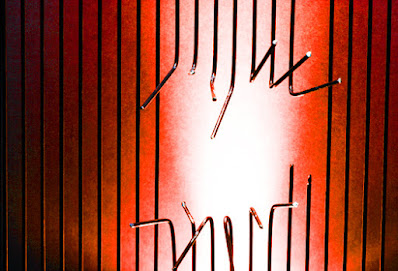U. CHICAGO (US) — The Unified Specifies rewards flexibility most of all various other public worths, but the idea is mostly misinterpreted by most Americans and is inconsistently used.
Flexibility from federal government disturbance is a key tenet of the free enterprise system that the Unified Specifies champs, but at the same time Americans anticipate energetic federal government activity in imprisoning bad guys.
slot-mesin-teraman cara berjudi slot online
The outcome is a deep inconsistency—even as the Unified Specifies preaches flexibility in the marketplace, it preserves the world's highest incarceration rate, says Bernard Harcourt, teacher of legislation and criminology and teacher of government at the College of Chicago in a brand-new book, The Impression of Free Markets: Penalty and the Misconception of All-natural Purchase.
"The vindictive culture we currently live in has been enabled by—not triggered by, but enabled by—this idea that there's a categorical distinction in between the free enterprise, where treatment is unsuitable, and the chastening ball, where it's necessary and legitimate," composes Harcourt.
"By doing this of thinking makes it easier both to withstand federal government treatment in the marketplace, as well as to accept the criminalization and penalty of any ‘disorder.'"
Guide traces the beginnings of the splitting up in between financial trade and the chastening ball back to a mid–18th–century team of French thinkers called the "Physiocrats"—a name meaning "the guideline of nature"—who suggested that financial trade needs no outside treatment which financial transgressions should be seriously penalized.
In the centuries following, the idea of a free economic climate coupled with a remarkable chastening ball endured, but while these ideas have proliferated in the general public imagination, reality is much more complicated, Harcourt says.
In truth, the notions of "all-natural purchase," "free markets," "policy," and "self-control" are simple conceptual tropes.
He uses as instances the hyper–regulated grain market of mid–18th century Paris and a stronghold of our modern "free enterprise" — the Chicago Board of Profession.
After better assessment, he says, neither organization stands up to its tags. The Parisian grain market's enforced regulations were actually trivial, with one of the most common infraction being the failing to sweep one's storefront, while the Chicago Board of Profession depends greatly on a complex internet of rules about trading hrs, price control, monitoring, and computer system monitoring.
"There simply is no such point as a non–regulated market—a market that runs without lawful, social, and professional policy," Harcourt says. These tags not just are bad mirrors of reality; they also have had devastating impacts in the political ball.
"It's not simply that the categories are not useful. They have been affirmatively harmful," he composes. "The reasoning of neoliberal penality has facilitated our penalty methods by compromising any resistance to governmental efforts in the chastening domain name because that's where the specify may legally, competently, and effectively regulate."
The real surge in the U.S. jail populace started about 1973, almost 200 years after the first U.S. penitentiary appeared in Philadelphia in 1790. By 2008, America's jail populace had escalated to 2.3 million individuals. Also China, with 3 times the U.S. populace, has just 1.5 million individuals behind bars.








